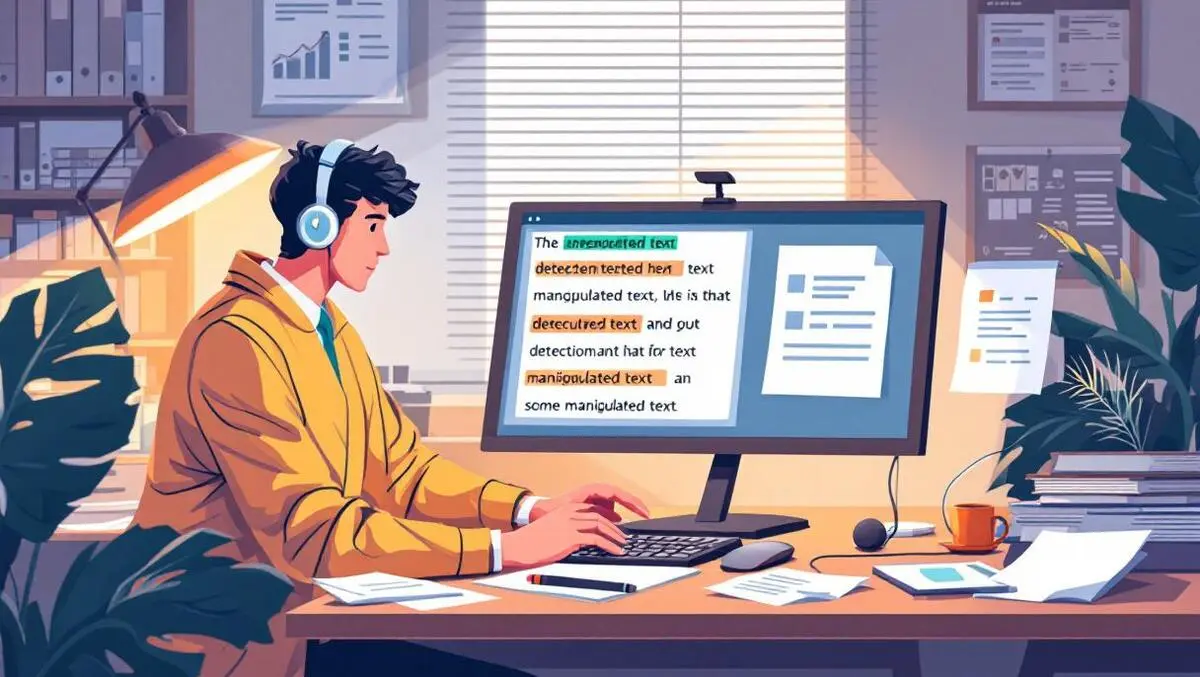
Turnitin updates tool to detect AI-bypassed & humanised text
Turnitin has announced an update to its AI writing detection tool, now capable of identifying text that has been intentionally modified by AI bypassers or humaniser tools.
The introduction of AI bypasser detection comes amid growing concerns about academic integrity as students increasingly use tools designed to mask the AI-generated origins of their submitted work. Over the past two years, the proliferation of so-called humanisers has allowed users to evade detection systems, making it harder for educators to verify originality and maintain objective standards in coursework assessments.
AI bypassers and academic integrity
AI bypassers, sometimes known as humanisers, are tools that modify AI-generated content so it appears more human-like, often with the explicit purpose of avoiding detection by systems such as those provided by Turnitin and conventional teaching methods. This shift means educators now face the dual challenge of identifying both directly generated AI text and content that has been subtly altered to hide its digital origins.
With the updated detection feature now fully integrated into its AI writing detection platform, Turnitin enables educators to automatically check student submissions for both likely AI-generated content and text that has been further modified by recognised bypassers. This integration removes the need for additional third-party solutions that may introduce data privacy or security concerns.
"While cheating has always been a concern of educators, with the rise of AI, there has been a new category formed of cheating providers. These companies exist to profit from students' misuse of AI by providing free and easy access to humanisers to conceal AI-generated content," said Annie Chechitelli, Chief Product Officer, Turnitin. "In service of our ongoing commitment to AI writing transparency, we've updated our software to detect leading AI bypasser modifications so educators can uphold academic integrity against this emerging challenge."
Chechitelli also notes the impact of advanced AI tools on the student-educator relationship, highlighting that these developments directly influence academic trust and the ability to ensure effective learning. The use of AI bypassers, she asserts, undermines educational outcomes by disguising the nature of work submitted, which can erode confidence in students' understanding of their coursework and diminish the educational process.
Implementation in existing solutions
The new bypasser detection capability is now available within Turnitin's AI writing detection suite. It forms part of the Turnitin Originality add-on and is also accessible to customers of the AI capabilities add-on for iThenticate 2.0.
This deployment follows the recent launch of Turnitin Clarity as well as significant updates to Turnitin Feedback Studio, reflecting the company's approach to supporting educators and administrators as digital tools in academia become more sophisticated.
The integration of bypasser detection ensures that once AI writing detection is enabled in an institution's system, screening for both original AI-generated and bypassed content happens automatically. This process does not require separate installation or additional steps, aiming to minimise disruption for teachers while maximising data security.
Ongoing developments in AI and education
The period since the mainstream adoption of AI in education has seen rapid transformation in methods to both harness and restrict the technology's use. The easy online availability of bypasser tools has shifted students' focus from simple AI assistance towards active concealment, making robust detection critical for colleges and universities adhering to strict academic standards.
The current version of the bypasser feature supports detection of English-language modifications only. Turnitin has highlighted that its commitment to AI writing transparency and academic integrity will continue to steer future updates as AI technology itself evolves and further bypassing techniques emerge.
Turnitin's academic integrity solutions are currently used by institutions and certification bodies in 185 countries. The introduction of AI bypasser detection is positioned as part of a wider effort to give educators the tools required to navigate new challenges in digital learning and assessment environments.


